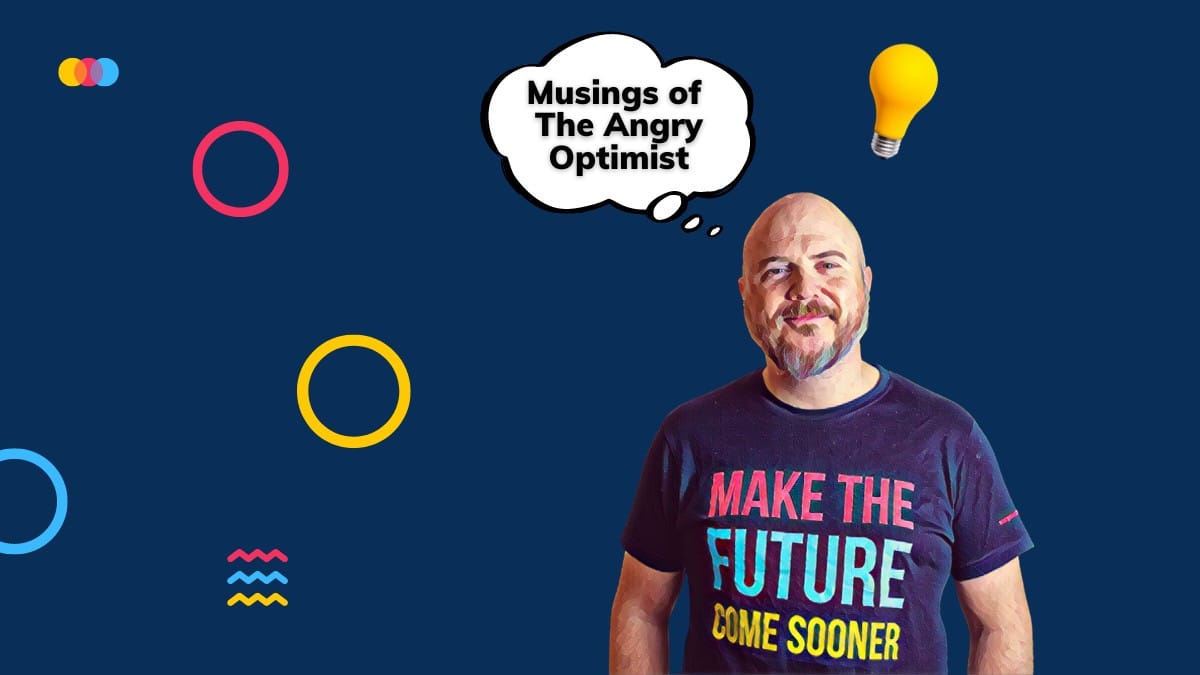🧠 Artificial Intelligence
Artificial intelligence (AI) helps doctors make better diagnoses, scientists create new materials, farmers grow crops more effectively and all of us driving cars - and millions of other applications. This topic also covers subsets of AI such as machine learning (ML), deep learning and neural networks.
🦾 AI saved Joseph Coates' life - and can save millions more
Researchers are using AI to find new uses for existing drugs that can treat rare diseases. Joseph Coates survived a deadly blood disorder thanks to a treatment identified by an AI model.
👮 Police have identified 600 children through new AI method against sexual abuse
With the help of a new analysis program with AI functions and an Interpol database, 600 Swedish children have been identified in images and videos online during 2025.
🧠 Kevin Kelly proposes: Public Intelligence can become a global resource for everyone
Within 50 years, a public, distributed, and non-commercial AI could function like the internet and be available to all people in the world. Such a system would be powered by millions of participants in a federated network creating an aggregate intelligence beyond what a single host can offer.
👩🏫 Estonia first in the world to integrate ChatGPT into the school system
OpenAI is collaborating with Estonia's government to provide all high school students and teachers access to ChatGPT Edu starting September 2025. Estonia already ranks among the top 15 countries globally for ChatGPT usage with one active ChatGPT account for every four citizens.
🖥️ AI usage has less environmental impact than claimed
A ChatGPT query uses only 3 watt-hours of energy, equivalent to watching TV for 3 minutes or uploading 30 pictures to social media. Water consumption for AI is low—data centers use only 500 ml of water per 300 queries, while producing a single hamburger requires over 600 gallons of water.
🤖 Generative AI gives robots new "brain" that understands the world
Google DeepMind has integrated its multimodal language model Gemini 2.0 into robots, giving them an advanced AI brain that can understand and interact with the physical world. This enable robots to perform tasks they were never trained for by understanding everyday instructions in natural language.
🥼 AI shortens handling of pharmaceutical documentation from 15 weeks to 10 minutes
Processes that previously required more than 50 people and took several months can now be handled by only three people with AI support. Novo Nordisk has reduced the time to compile regulatory documents from 15 weeks to less than 10 minutes using AI.
💡 Musings of the Angry Optimist: AI development has entered phase two
AI development has now entered Phase Two, where we create new things based on what we learned in Phase One. It may seem obvious, yet surprisingly many people focus only on today’s shortcomings and completely misjudge the future.
📜 AI reveals text in 2000-year-old charred scroll from Herculaneum
X-ray technology and artificial intelligence have for the first time made it possible to read the contents of a charred scroll from Herculaneum without physically opening it. The text in the scroll contains Greek text and is believed to be a philosophical work.








